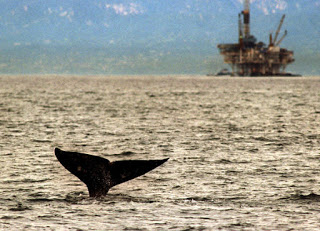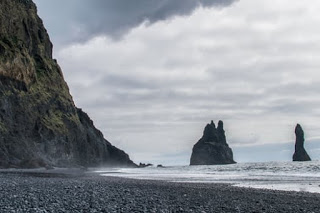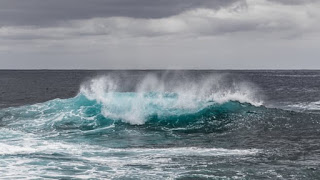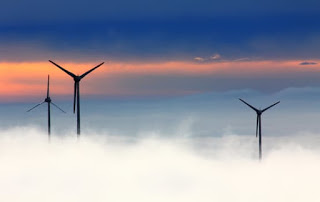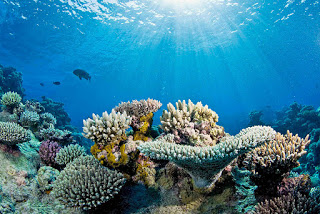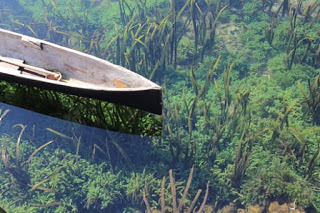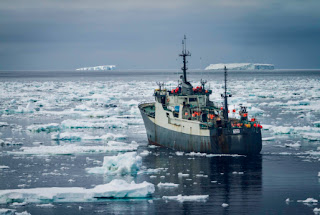1. New Offshore Drilling in California, Oregon, Washington, the Arctic, and Atlantic Federal Waters until 2022
On Friday, President Obama released a five year plan that puts an end to offshore drilling in Alaska’s Beaufort and Chukchi Seas. Oil exploration would also be put on hold off the Atlantic coast of four southeastern states in the US. The Interior Department held three dozen public meetings and took in over 3.3 million public comments on the measure. The final proposal will be in effect until 2022 and offers access to over 70 percent of the nation’s economically recoverable resources. Read more…
———————————————–
2. World’s Most Common Microbe – New Model Unveiled
International researchers have constructed a computer model to analyze Prochlorococcus, the most abundant photosynthetic microbe on earth. The systems-level approach used gene sequencing technology to show how the microbe will adjust to changing environmental conditions. The scientists discovered the microbe is already undergoing genome streamlining due to a continual lack of phosphorus in some regions of the ocean. Read more…
———————————————–
3. New Technology Shows Southern Ocean Upwelling, Reduces CO2
Researchers are developing a deeper understanding of the relationship between the southern ocean and carbon dioxide sinks. Strong winds in the region can have a significant impact on the amount of carbon dioxide the ocean can intake. Data from ocean sensors can record where upwelling is occurring, which can release carbon dioxide when deep ocean water reaches the surface. Read more…
———————————————–
4. Sweden Offshore Wind Farm – Functions as Artificial Reef
Researchers have discovered the foundations of wind turbines at Sweden’s largest offshore wind farm are acting like artificial reefs, protecting area marine life from predators. They studied numbers of Carcinus maenas shore crabs, an invasive species, to analyze the stability of the marine food chain. Read more…
———————————————–
5. Coral Reefs Around the World Threatened by Climate Change
Coral reef bleaching continued at a devastating rate in 2016. This is a dire international threat as coral reefs afford shoreline protection, attract tourism, and provide ecosystems for food sources. A scientific study published in Plos One, a peer-reviewed, open-access online resource, shows most of the world’s reefs will be affected by warmer oceans and increased ocean acidification. Areas to be first impacted include Oceania, the Coral Triangle, Baja California, Japan, China, and parts of Australia. Read more…
———————————————–
6. Could Algae Blooms Cool Down Our Oceans?
Scientists are examining algae blooms as a possible solution to for our warming oceans. They are examining ways to use phytoplankton to bind excess carbon dioxide. Researchers are contemplating how to use a new form of oceanic “organic gardening” to combat climate change without the devastating consequences of algal blooms in the Gulf of Mexico . Read more…
———————————————–
7. Robert Redford & Paul Allen Spearhead Ocean Conservation Series Slated to Premiere on Animal Planet
“Ocean Warriors”, a new series on ocean conservation is set to premiere on “Animal Planet” December 4th. The combined talents of Robert Redford and Paul Allen will entertain, educate, and bring more awareness to restoring ocean health. Ocean scientists, activists, and journalists will focus on highlighting ocean poaching and crime occurring around the world. Read more…
———————————————–
Be sure to “LIKE” http://facebook.com/SeaSave to ensure our “Week in Review” is delivered to your newsfeed every Friday.
Sea Save Foundation is committed to raising awareness of marine conservation. The Week in Review is a team effort produced by the Sea Save staff to provide a weekly summary of the latest in marine research, policy, and news.

